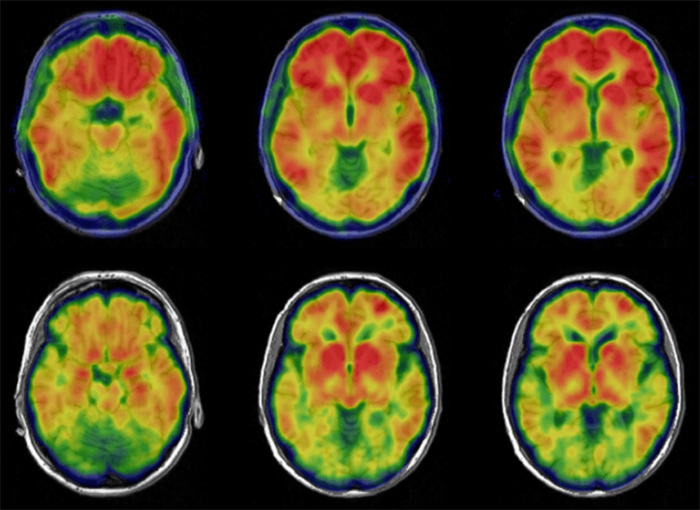6.20.17 | UW–Madison News | Natasha Kassulke | Original Publication

Thirteen projects ranging from understanding how gut microbes might influence Alzheimer’s Disease to exploring how day care may influence a child’s microbiome have been selected for funding through the UW–Madison Microbiome Initiative.
The initiative, which focuses on the microorganisms living in specific environments such as the human body, is part of a series of strategic initiatives launched by the UW–Madison Office of the Vice Chancellor for Research and Graduate Education. It aims to seed research likely to galvanize the university’s research community and to position UW–Madison faculty to be more competitive when applying for federal funding in specific research areas. The next initiative, on Big Data, will be announced later this year.
“We are very thankful to the Chancellor’s Office for supporting the first of these strategic research initiatives. The UW–Madison Microbiome Initiative is intended to lead investigators in various fields across campus to make discoveries that will significantly impact our understanding of the microbiome,” says Marsha Mailick, vice chancellor for research and graduate education. “UW-Madison has a high concentration of microbiome researchers but they are spread throughout the campus. This initiative helps bring many of them together in joint ventures that can be truly transformative in areas of human health and the environment.”
The awards went to eight research projects, four infrastructure projects and one research community enhancement award to support a conference on the upper airway microbiome in health and disease.
Collaborators on the projects include 58 faculty representing six schools and colleges across campus.
“Alzheimer’s disease poses an enormous burden on individuals and society, and despite decades of study, effective treatments and prevention strategies are still largely lacking,” says Barb Bendlin, associate professor of geriatrics and adult development. “We need to explore new leads in this disease. This award comes at a critical time for our research group. Everyone I’ve spoken to is enthusiastic about the project and the potential for novel discovery – including our investigative team, students, and our research participants – but we need to carry out the experiments that will support the rationale for carrying out a larger federally funded project.”
Bendlin says the Microbiome Initiative will provide critical funds that her team can use to generate preliminary data that in turn can be used to prepare a competitive application for federal funding.
“The Microbiome Initiative also provides a platform for bringing together a diverse group of scientists to work on a new research direction,” Bendlin says. “Our team spans investigators in medicine, bacteriology, chemistry, and computer science. Interdisciplinary collaboration is a strength of the UW, and I truly believe we have a better chance of making progress on diseases such as Alzheimer’s by capitalizing on opportunities for collaboration.”
John Denu, professor of biomolecular chemistry and director of the Epigenetics Theme at the Wisconsin Institute for Discovery, says pilot funding for his project, “Gut Microbial Metabolism and Host Epigenetic States,” comes at a critical time.
“We have obtained important preliminary results that suggest a profound relationship between gut microbiota and epigenetic states of the host,” Denu says, referring to work his lab performed in collaboration with the lab of bacteriology Assistant Professor Federico Rey. “These funds will be used immediately to provide new data on the link between diet, microbiome and the host epigenome that will make our project competitive for federal NIH funding. These funds fill the major gap that exists when collaborative researchers venture into new territory and have limited funds to perform the essential pilot experiments. Federal funding agencies don’t fund ideas, they fund cool ideas supported by preliminary results.”
The Wisconsin Alumni Research Foundation (WARF) and the Graduate School also provided support for the initiative.
The projects are:
Infrastructure
A Germ-free Mouse Facility for the UW–Madison Community
The Microbiome Hub: Enabling a Biological Revolution at UW–Madison
Research
Contributions of Gut Microbes to Alzheimer’s Disease
Developing Model-Guided Frameworks to Dissect Butyrate Production in the Human Gut Microbiota
Gut Microbial Metabolism and Host Epigenetic States
Harnessing Microbiomes for Global Nitrogen Cycle Management
The Tomato Microbiome in Sickness and in Health
Community Enhancement
Upper Airway Microbiome: Principles for Mucosal Biology in Health and Disease